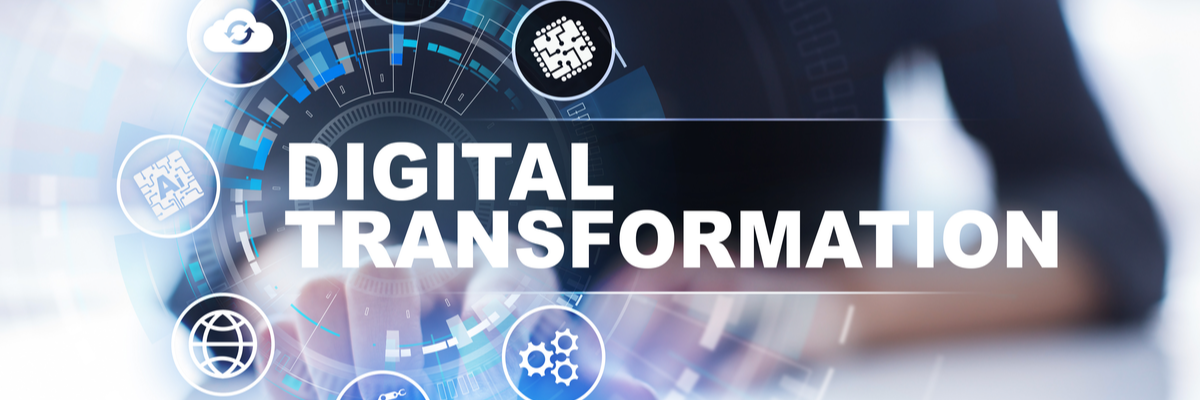Why operational, cultural and technological challenges must be addressed before undergoing a major digital transformation initiative
Many organizations are adopting recurring revenue products and CFO’s and finance leaders are increasingly planning for changes in processes and IT systems.
In our recent webinar with Financial Executives International, Kevin Long, VP Cash Operations, ACI Worldwide, discussed the importance of putting resources in place for change management before selecting and implementing RecVue’s next generation monetization platform:
“At the macro level, you need to put resources behind the change, put people in place to think about it and lead it and drive it within the organization. At the detailed level, break out those Visio charts and start documenting. It will pay you back to do that work.”
As more companies face regulatory compliance with ASC 606 and IFRS 15 standards, which stipulate revenues have to be recognized when realized and earned, not necessarily when received, having the tools to manage this data is critical as Kevin points out:
“Knowing the data is right gives us a lot more assurance of the process. The flexibility of having tools like RecVue to administer more complex commercial terms that we haven’t encountered before, is critical to managing our rapidly growing subscription revenue business. We don’t need financial risk or our external auditors looking at our processes and thinking there could be a material weakness. We feel much better having undertaken this exercise. We are coming out the end of this in much better shape”
A recent article published on CFO.com, Recurring Revenue Rising, addresses many of these topics. In a recent survey by CFO Research and Salesforce, they found that:
- 53% of survey respondents say at least 40% of their revenue is recurring
- 65% of organizations launching recurring revenue products or services face operational problems
- 48% of companies with recurring business models are experiencing accounting and reporting challenges
System issues are a big challenge for these organizations, but a cultural shift is necessary in building and growing ongoing customer relationships in this new business paradigm.
We encourage you to read the full article here.

